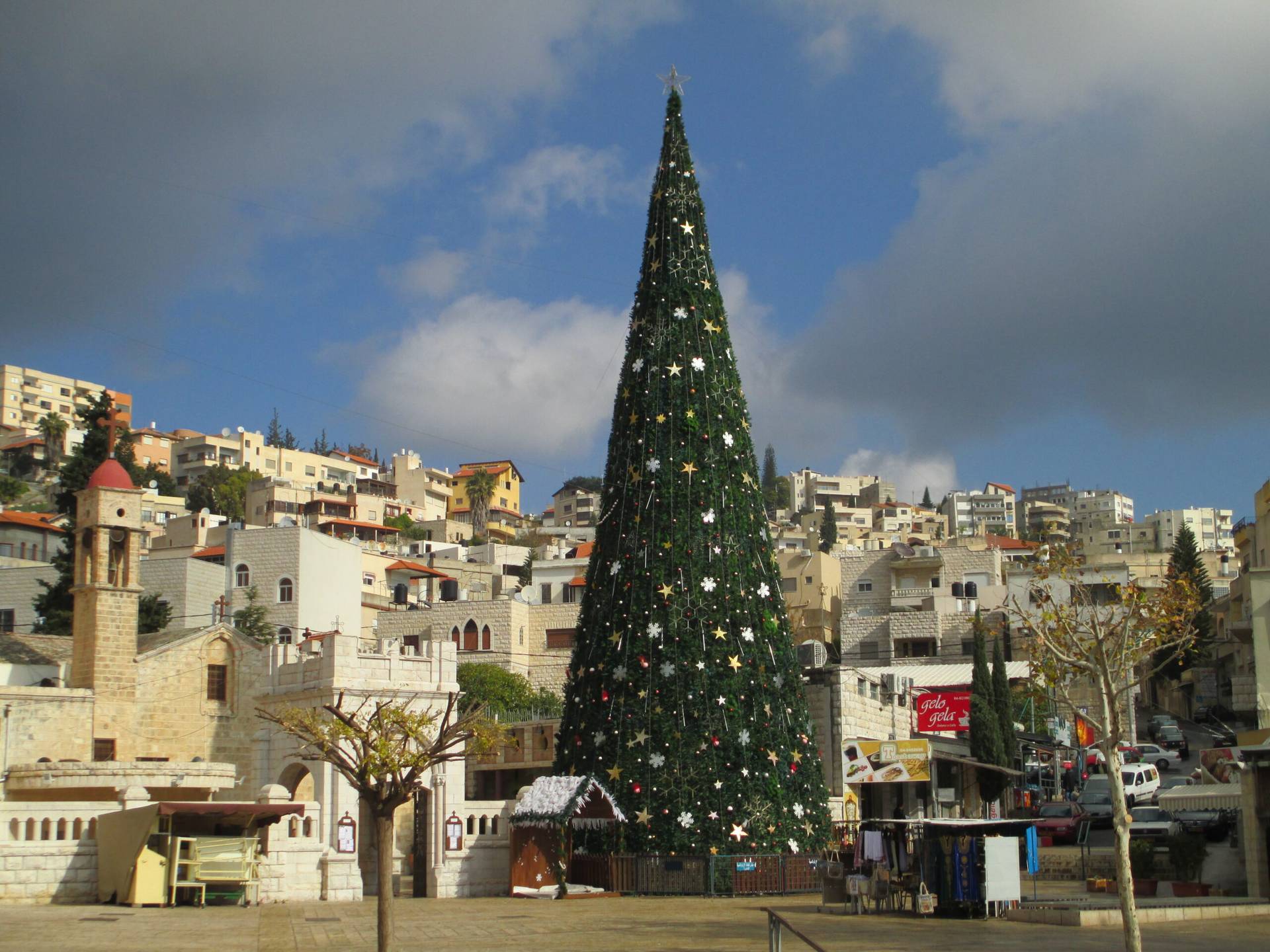ROME — Members of a Vatican commission for the prevention of sex abuse who met in Rome on Sunday with Boston Cardinal Sean P. O’Malley to express concern over the appointment of a bishop in Chile linked to an abuser priest said they’re satisfied with the result.
“The meeting went well,” Marie Collins, a commission member and the coordinator of the hastily arranged meeting, told Crux. “We’re happy with Cardinal Sean’s response.”
Collins, who was raped by a hospital chaplain in Dublin when she was 13, is one of two survivors of clerical abuse to sit on the panel.
Members said that O’Malley, president of the panel, heard their concerns and vowed to relay them to Pope Francis, who named the bishop in Chile last October.
Through a statement released on Sunday, the group said that “although we are not charged with dealing with individual cases, the protection of minors is our primary concern.”
The four members of the commission who traveled to Rome to meet O’Malley were Collins; Peter Saunders of the United Kingdom, the other abuse survivor; Baroness Sheila Hollins of the UK, and French laywoman Catherine Bonnet. They make up one of the working groups established by the 17-member Pontifical Commission for the Protection of Minors, established by Francis in 2013 to lead his reform campaign.
The group requested the meeting with O’Malley to discuss the transfer of Chilean Bishop Juan de la Cruz Barros Madrid from his previous role as military chaplain to lead the diocese of Osorno, a move that has triggered wide protest in Chile.
Although never formally charged, Barros has been accused of protecting the Rev. Fernando Karadima, a prominent Catholic priest in Chile who was sentenced by the Vatican in 2011 to a life of solitude and prayer after being found guilty of sexually abusing minors in the 1980s and 1990s.
When the appointment was announced last October, local priests and faithful tried to stop it, asking Francis to force Barros to resign. Instead, the bishop was installed in March amid violent protests that led to a shortened ceremony.
Speaking with Crux Monday morning, Collins said that O’Malley, a long-time point man on abuse, agreed to take the concerns of the group to Pope Francis, recognizing that under Church law, only the pope can name or remove bishops.
O’Malley declined to discuss the meeting, saying that he preferred to let the statement from commission members stand.
Barros has repeatedly denied wrongdoing, claiming that he didn’t know about the abuses until they were first reported in 2010.
The only response from the Vatican on the bishop’s transfer came March 31, through a statement asserting that the Congregation for Bishops, the department that prepares nominations for the pope, had carefully examined the prelate’s candidacy and did not find “objective reasons” to block it.
In their statement released Sunday, the four members of the commission said picking bishops who understand child protection and are committed to implementing it is of “paramount importance.”
Speaking to the Associated Press, Collins said that if Barros doesn’t appreciate that Karadima’s behavior then was inappropriate, “then he doesn’t understand child abuse.”
“If he doesn’t understand child abuse,” she continued, “there’s a child protection concern about him being in charge of a diocese.”
The statement released on Sunday said that because abuse is widespread, the ability of a bishop to enact effective policies and to carefully monitor compliance is essential.
The anti-abuse commission has vowed repeatedly that the issue of accountability for superiors in the Church for their response to abuse allegations is a top priority.
O’Malley, in his capacity of president of the commission, has said “there have to be consequences” for bishops who fail to make the Church’s official “zero tolerance” policy stick.

















